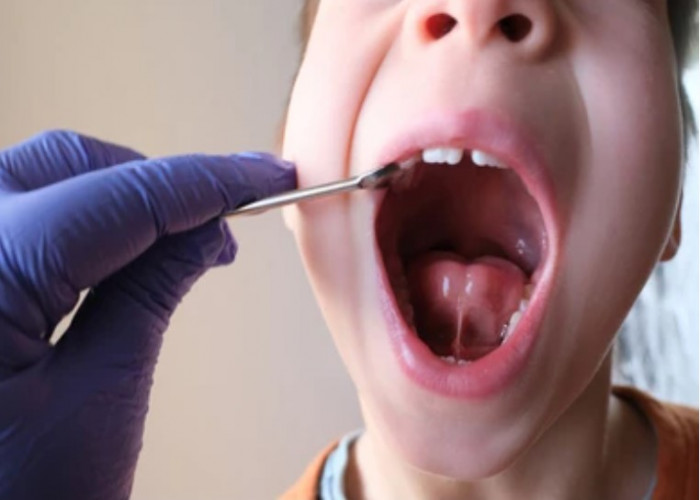 Welcome
Welcome
“May all be happy, may all be healed, may all be at peace and may no one ever suffer."
Aphasia
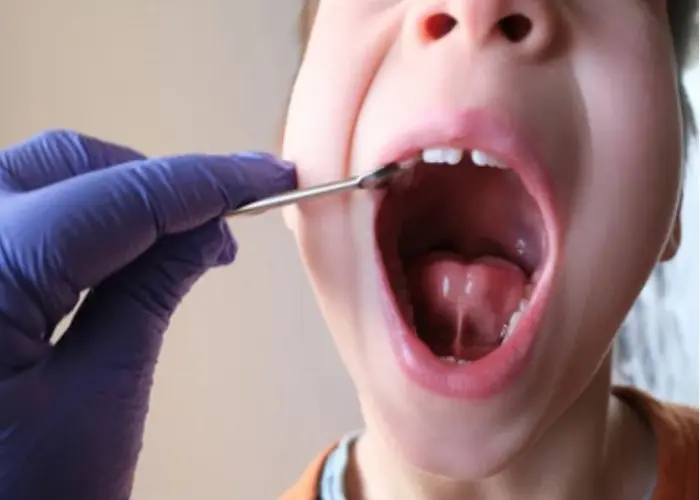
Aphasia is a language disorder that can occur after damage to the brain, such as from a stroke or head injury. Aphasia affects a person's ability to understand and use language, including speaking, listening, reading, and writing.
The severity of aphasia can vary, and some people may experience only mild symptoms, while others may have more significant difficulties. Symptoms can include difficulty finding the right words to say, speaking in gibberish or not making sense, difficulty understanding speech, and difficulty reading and writing.
Treatment for aphasia depends on the severity and specific symptoms but may include speech therapy, language rehabilitation, and medications to manage associated symptoms such as depression and anxiety.
If you or a loved one is experiencing symptoms of aphasia, it's important to seek medical attention. Early treatment can help improve outcomes and enhance recovery. With the right support, many people with aphasia are able to make significant progress in regaining language skills and improving their quality of life.
Research Papers
Disease Signs and Symptoms
- Delay in speaking
- Difficulty speaking
- Substitute one word for another or one sound for another
- Speak in sentences that don't make sense
- Not understand other people's conversation
- Difficulties with speaking or understanding others (aphasia)
Disease Causes
Aphasia
The most common cause of aphasia is brain damage resulting from a stroke — the blockage or rupture of a blood vessel in the brain. Loss of blood to the brain leads to brain cell death or damage in areas that control language.
Brain damage caused by a severe head injury, a tumor, an infection or a degenerative process also can cause aphasia. In these cases, the aphasia usually occurs with other types of cognitive problems, such as memory problems or confusion.
Primary progressive aphasia is the term used for language difficulty that develops gradually. This is due to the gradual degeneration of brain cells located in the language networks. Sometimes this type of aphasia will progress to a more generalized dementia.
Sometimes temporary episodes of aphasia can occur. These can be due to migraines, seizures or a transient ischemic attack (TIA). A TIA occurs when blood flow is temporarily blocked to an area of the brain. People who've had a TIA are at an increased risk of having a stroke in the near future.
Disease Prevents
Disease Treatments
If the brain damage is mild, a person may recover language skills without treatment. However, most people undergo speech and language therapy to rehabilitate their language skills and supplement their communication experiences. Researchers are currently investigating the use of medications, alone or in combination with speech therapy, to help people with aphasia.
Speech and language rehabilitation
Recovery of language skills is usually a relatively slow process. Although most people make significant progress, few people regain full pre-injury communication levels.
For aphasia, speech and language therapy aims to improve the person's ability to communicate by restoring as much language as possible, teaching how to make up for lost language skills and finding other methods of communicating.
Therapy:
- Starts early. Some studies have found that therapy is most effective when it begins soon after the brain injury.
- Often works in groups. In a group setting, people with aphasia can try out their communication skills in a safe environment. Participants can practice initiating conversations, speaking in turn, clarifying misunderstandings and fixing conversations that have completely broken down.
- May include use of computers. Using computer-assisted therapy can be especially helpful for relearning verbs and word sounds (phonemes).
Medications
Certain drugs are currently being studied for the treatment of aphasia. These include drugs that may improve blood flow to the brain, enhance the brain's recovery ability or help replace depleted chemicals in the brain (neurotransmitters). Several medications, such as memantine (Namenda) and piracetam, have shown promise in small studies. But more research is needed before these treatments can be recommended.
Other treatments
Brain stimulation is currently being studied for aphasia treatment and may help improve the ability to name things. But no long-term research has been done yet. One treatment is called transcranial magnetic stimulation and another is transcranial direct current stimulation.
These treatments aim to stimulate damaged brain cells. Both are noninvasive. One uses magnetic fields and the other uses a low current through electrodes placed on the head.
Disease Diagnoses
Disease Allopathic Generics
Disease Ayurvedic Generics
Disease Homeopathic Generics
Disease yoga
Aphasia and Learn More about Diseases

Niemann-Pick
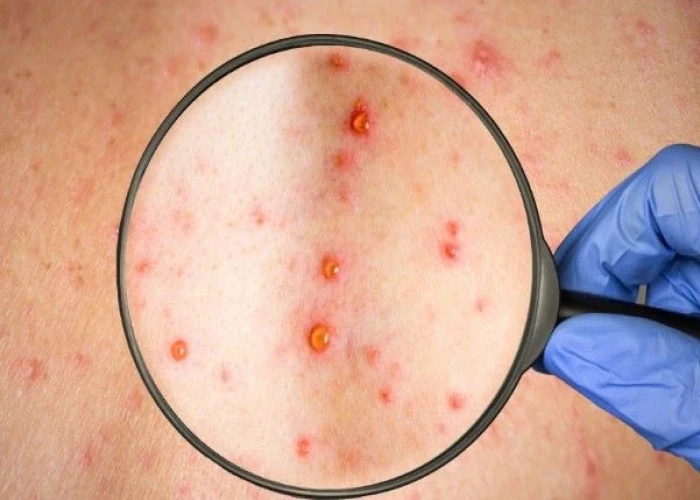
Rubella

Irregular Menstruation
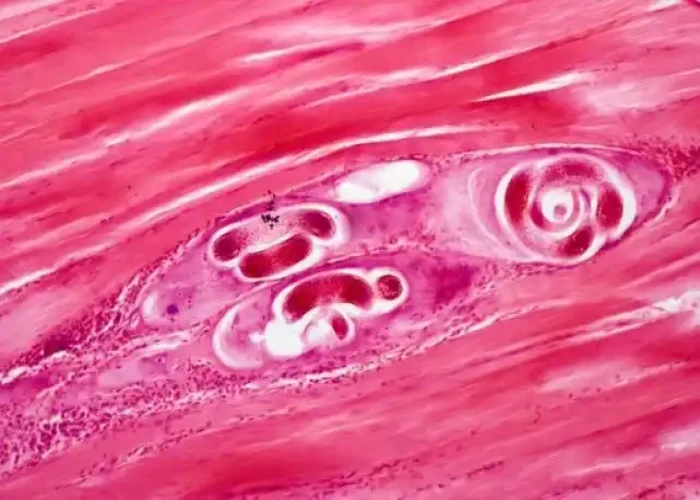
Trichinosis

Alcohol poisoning

Astigmatism

Broken toe
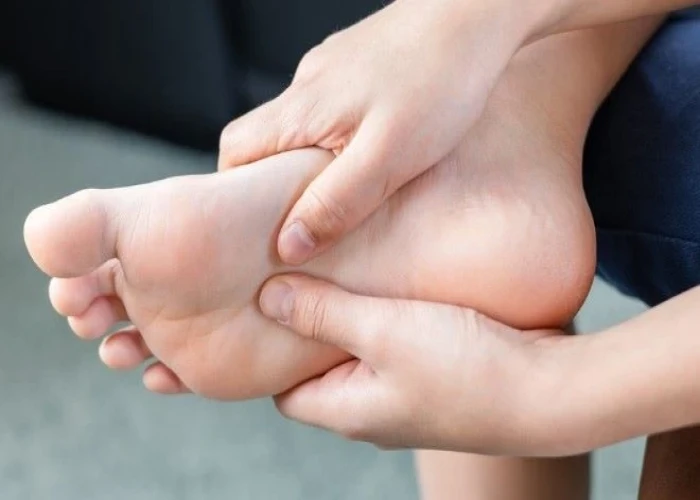
Metatarsalgia
Aphasia, Dysphasia, Broca's aphasia, আফসিয়া
To be happy, beautiful, healthy, wealthy, hale and long-lived stay with DM3S.
